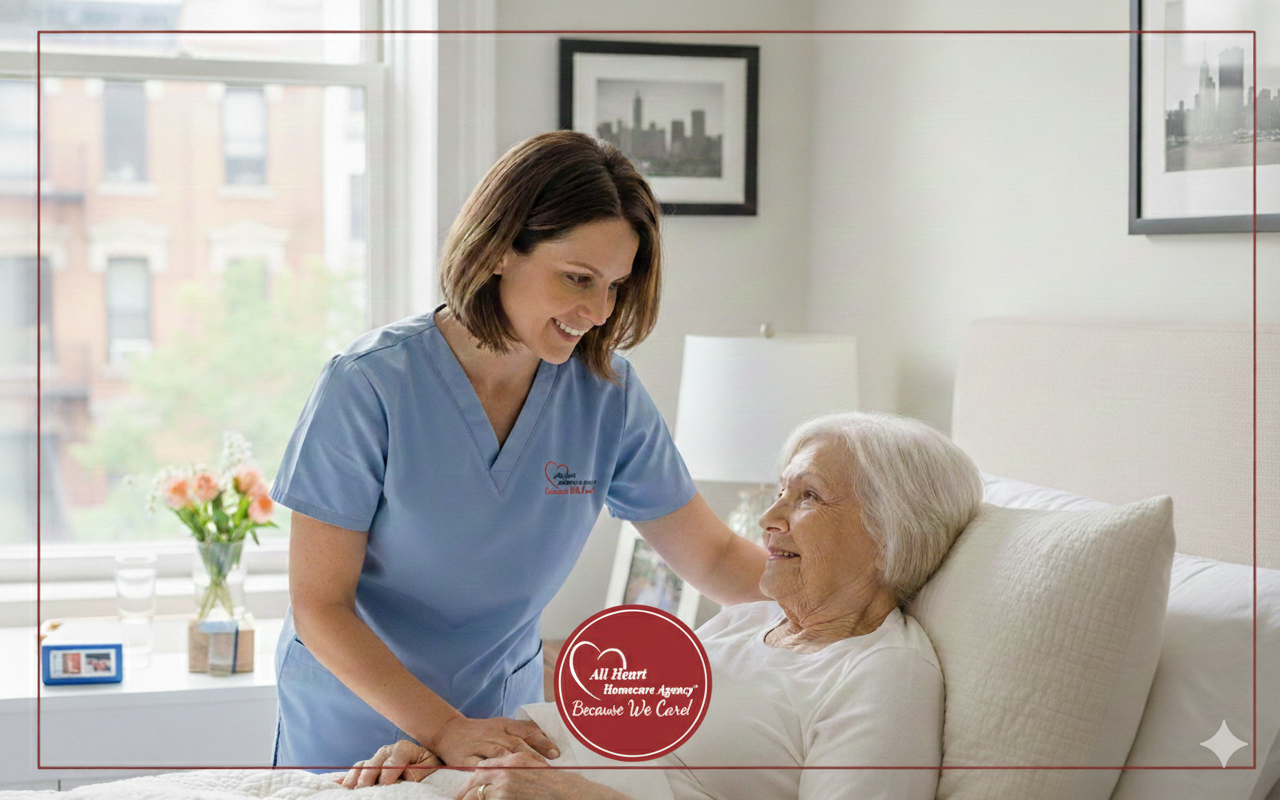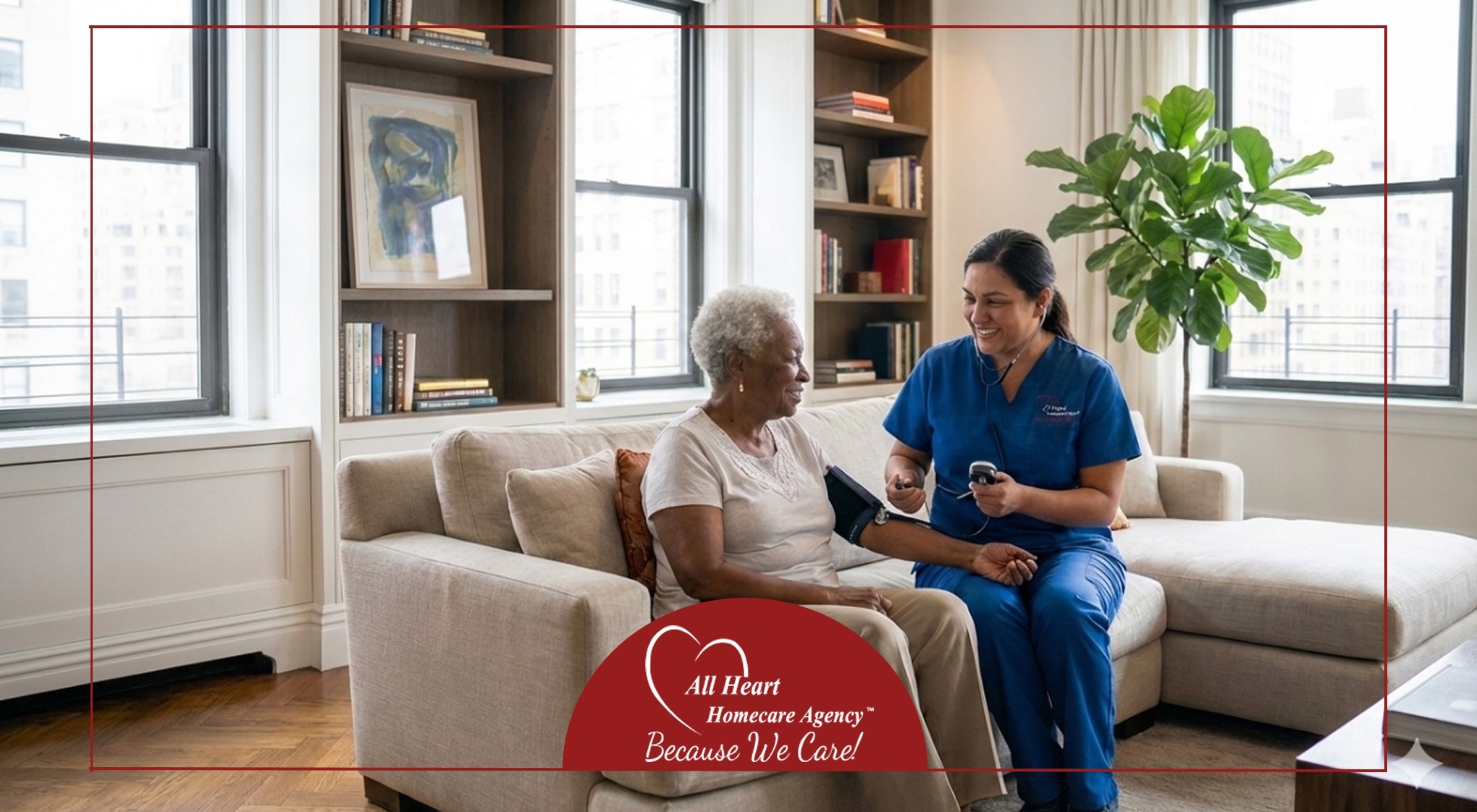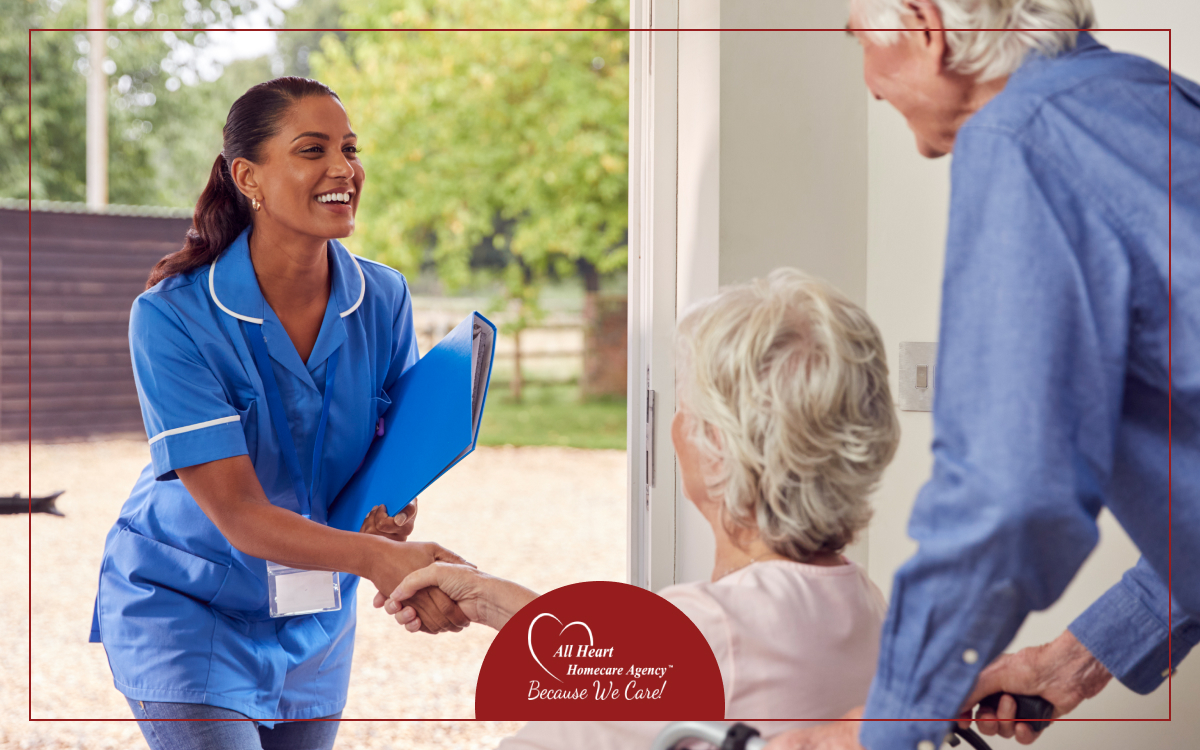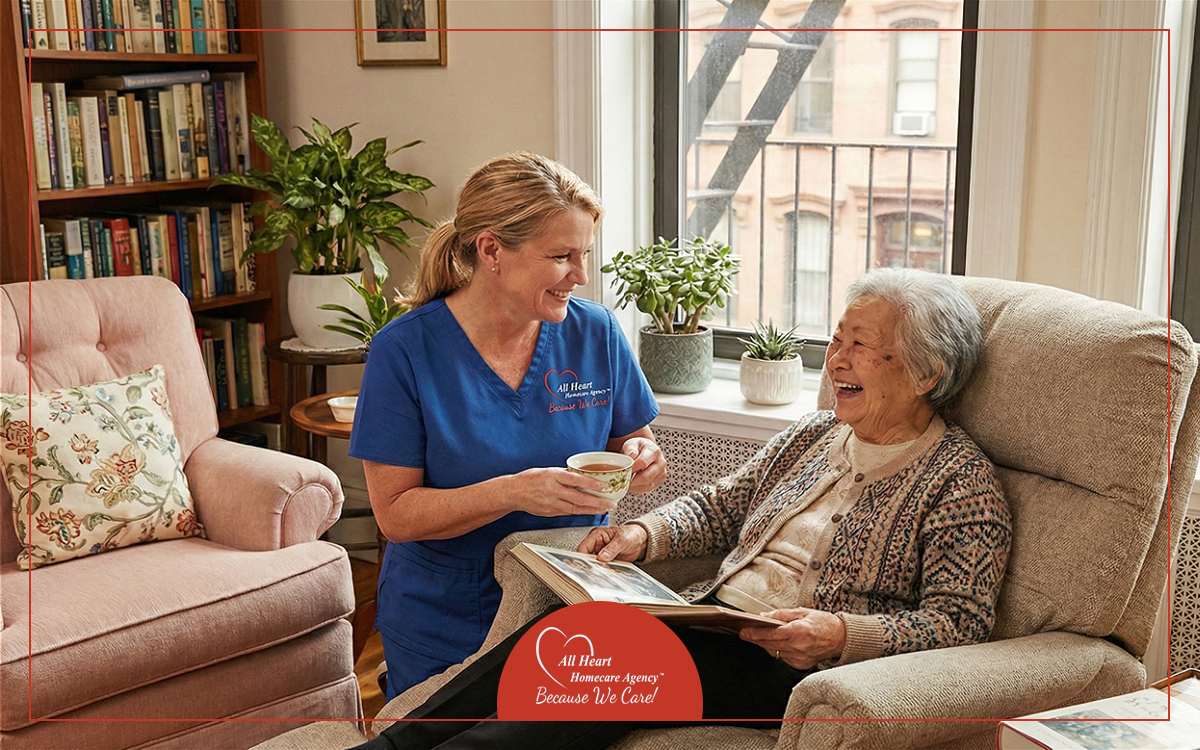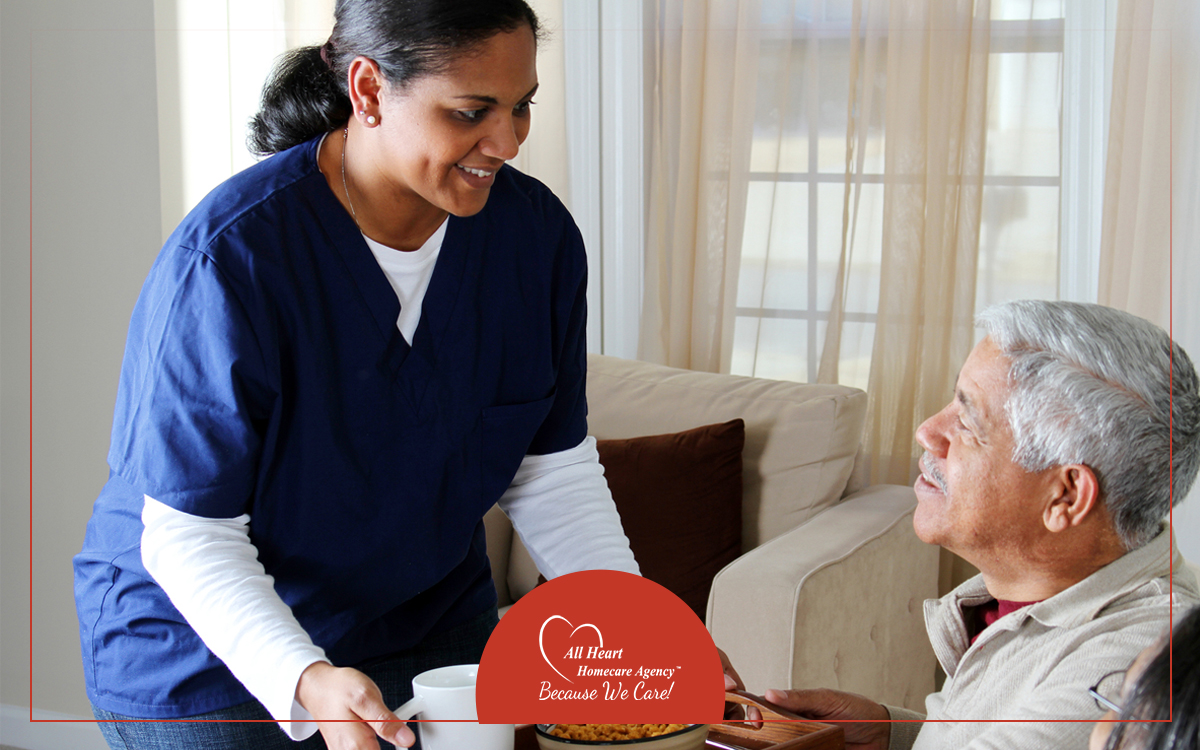We know that caring for someone with diabetes can be challenging. Patients with diabetes must carry out various everyday tasks to keep their condition under control. To do each duty, they frequently require the assistance of a committed caregiver.
Our senior care professionals have provided a checklist to assist you in taking care daily.
Why It’s Important to Control Diabetes
- The purpose of controlling Diabetes is to maintain the glucose level as close to a normal range as possible.
- Maintaining glucose levels under control aids in the prevention of the following long-term complications: Stroke, Myocardial Infarction, Kidney failure, Diabetic Retinopathy, High Blood Pressure, Blindness, Neuropathy, and weakening of the Immune System.
4 Ways We Can Control Diabetes
- Diet
- Exercise
- Pharmacological Measures
- Weight Control and Stress Reduction
There is no universal diet for all Diabetic patients. Every patient is unique, every human body is unique. Regardless, there are certain recommendations which can help Diabetic patients to make good choices in their diets.
Here are those recommendations:
- Patient must cut back on using products containing processed sweets such as cakes, candies, sodas etc.
- To cut back on animal fats and cholesterol containing products, especially red meats.
- To cut back on starch containing products such as pasta, potato, white bread, white rice, and fast food.
This what a senior SHOULD eat:
- Fresh Vegetables;
- Fish;
- Lean Meats;
- Low Fat Dairy Products;
- Low Glycemic Fruits.
Exercise
- Lowers blood sugar
- Helps to increase the production of insulin
- Helps control weight
- Improves blood flow
- Strengthens the heart and Immune system
It is very important for the Diabetic patient to monitor their blood glucose level before exercising to avoid an episode of Hypoglycemia.
Pharmacological Measures
- Diabetic patients can have insulin injections or take oral medications;
- Only a doctor can decide what kind of medication and dose the patient may take;
- It is DANGEROUS to interfere with the senior’s medication regimen prescribed by the doctor;
- The senior should take the exact amount of diabetic medication at the exact time as prescribed;
- There is a STRONG correlation between the time the medication should be administered and the time a patient has their meals. It is very important for a patient to have a meal schedule because it is CRUCIAL to prevent the complications and progression of Diabetes.
Controlling Diabetes using a Glucometer
- This device must be kept clean and periodically checked for accuracy.
- Most diabetic patients should check their blood sugar levels at least once a day.
- This is usually done in the morning before eating.
- Depending on the type of Diabetes, a person’s age, and other factors, the patient may have to check the blood glucose level up to 5 times a day.
- Doses of insulin are adjusted, depending on the level of sugar in the blood.
Disposal of Sharps
It is important that you dispose of sharp objects correctly to decrease the risks of injury to yourself, family members and caregivers.
DO NOT: Recap, bend or break needles and lancets.
When you throw away needles, syringes, or lancets you must:
- Put them in a plastic container that is rigid, leak proof and puncture resistant with a secure lid.
- You can use a laundry detergent container and should label the container “SHARPS DISPOSAL”, so that family members and caregivers will know what it contains.
- Be sure to tape the lid and place the container into a double plastic bag.
- Do not overfill the container.
- Place the container into another plastic bag and dispose of it in the regular trash or as per your local hospital or pharmacy in your neighborhood.
- Keep the Sharps Disposal Container out of the reach of children.



